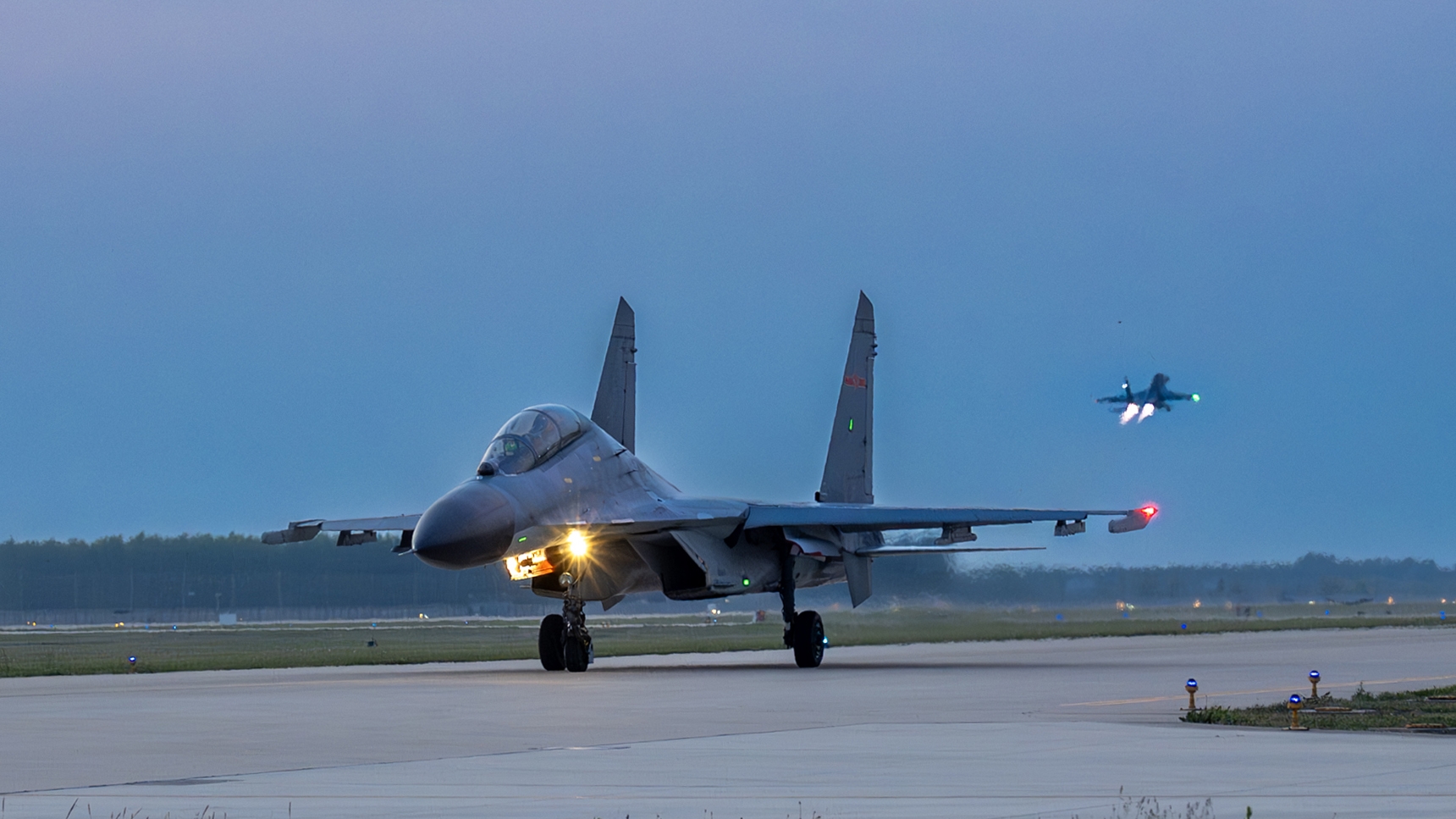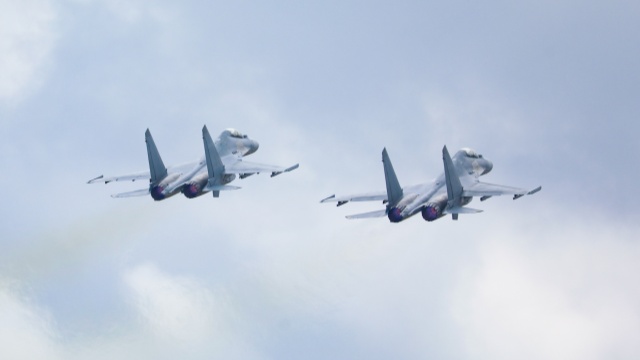By Li Jinyu, Wang Can
According to a report by Kyodo News, the Japanese Ministry of Defense has submitted a budget request for the fiscal year 2024 amounting to 7.7385 trillion yen(approximately 53 billion USD), reaching a new historical high.
Looking back at the trend of Japan's defense spending in recent years, the actual expenditure on defense by the Japanese government has seen a substantial increase. After surpassing five trillion yen in 2016 and crossing the six trillion mark in 2022, the budget request has now exceeded seven trillion in just one year. At the end of last year, the Japanese Ministry of Defense officially adopted three new strategic documents: the National Security Strategy (NSS), the National Defense Strategy (NDS), and the Defense Buildup Program, clearly stating that the total defense budget for the next five years will not be less than 43 trillion yen, with the goal of achieving a defense expenditure-to-GDP ratio of 2% by 2027. The rapidly expanding defense budget reflects a shift in Japan's approach from taking small steps to making bold strides on the path of military expansion.
As a defeated nation in World War II, Japan detected opportunities amidst the shifting global strategic landscape following the conclusion of the Cold War between the United States and the Soviet Union. It tirelessly pursued the goals of national normalization and military expansion. While vehemently refuting its history of invasion and whitewashing its acts of aggression, Japan continuously augmented its defense budget and breached the constraints of the pacifist Constitution.
In recent years, the Kishida Cabinet has fervently portrayed Japan as facing three external threats: China, Russia, and DPRK. It continually instills the fallacy among its citizens that China's rapid military growth poses a direct threat to Japan's national security. It vigorously hypes up the notion that "a Taiwan issue is tantamount to a Japanese issue", and leverages the Ukraine crisis to entirely shift the blame onto Russia for the stagnation in the conclusion of the Japan-Russia Peace Treaty. By portraying its neighboring nations as enemies, Japan seizes the opportunity to swiftly expand its military capabilities, thereby fulfilling its ambitions of becoming a global military power.
When formulating its defense budget, the Japanese Ministry of Defense directly benchmarks against the NATO member countries’ defense expenditures, which are required to be at least 2% of their respective GDPs. This move not only caters to the unreasonable demands of the United States for its allies to share defense responsibilities but also breaks free from the post-war constraint that limited Japan's defense spending to no more than 1% of its GDP.
In recent years, the Japanese government has been increasingly advocating to align with NATO, actively seeking closer ties with distant NATO countries. It has invited the French and Italian air forces for joint exercises in Japan, invested 64 billion yen in collaborative research with the UK and Italy for a new fighter jet, and worked diligently to sign more Reciprocal Access Agreements with various nations. This effort aims to shift the functions of the Japan Self-Defense Forces from exclusively defensive to a more assertive defensive posture, with aspirations of transforming Japan into an outward facing major military power.
In November of last year, Japan joined NATO's Cyber Defense Center, positioning itself as a partner of NATO in the East Asian region. Japan has also displayed significant enthusiasm for the US' aspiration to establish a NATO replica in East Asiaor even in the so-called "Indo-Pacific". As a way to pledge allegiance, a substantial portion of Japan's increased defense budget flows to the US through arms procurement. The budget for the fiscal year 2024, for instance, includes the cost of equipping all eight of the Maritime Self-Defense Force's Aegis-equipped destroyers with American-made Tomahawk cruise missiles by 2027.
Moreover, as reported by the Nikkei Asian on August 24th, the Japanese government is contemplating revising the Three Principles on Transfer of Defense Equipment and Technology guidelines. The proposal suggests that Japan can export defense equipment jointly developed with other countries to third parties. Even if the finished product has lethality, individual components can still be exported as long as they are non-lethal. By abolishing the restriction that limited exports to non-combat equipment, Japan aims to export equipment with lethal capabilities to a wider range of countries and to lift the ban on ammunition exports. This would enable Japan to export the next-generation fighter aircraft developed in collaboration with the UK and Italy to other countries. Additionally, engines from decommissioned JSDF fighter aircraft could also be sold. Given the ongoing and protracted conflict between Russia and Ukraine, Japan's actions in this direction could further entangle it in the war. This seems to be a demonstration of allegiance to American hegemony, where Japan's deference to the United States' leadership is evident. Subsequently, Japan's intentions for military expansion, whether openly or semi-publicly, are unmistakably revealed.
In this wholehearted effort to serve American interests, Japan has gained tacit approval from the US regarding its controversial decision to discharge nuclear wastewater into the ocean. Driven by their strategies of "containing Russia" and "containing China", the US is presently reliant on Japan's financial and operational contributions. Consequently, numerous criticized actions by Japan, such as data manipulation and illegal whaling, are being overlooked. The US-Japan alliance appears to disregard the harm these actions inflict on the global population, including their own citizens, and the overall ecological environment of the planet. This showcases the selfishness and mutual exploitation of Japan and the US, who place their own gains above all else.
Japan has never genuinely reflected on its wartime responsibilities, nor has it shown a commitment to becoming a truly responsible nation. Deeply entwined with the hegemonic chariot of the US, Japan's defense budget has consistently grown. It frequently exacerbates regional tensions in pursuit of military advancements, going to great lengths to break free from the constraints of the pacifist Constitution. These actions by Japan are highly perilous.









